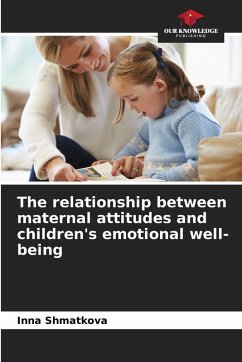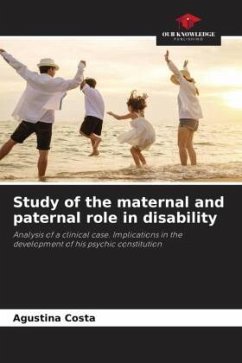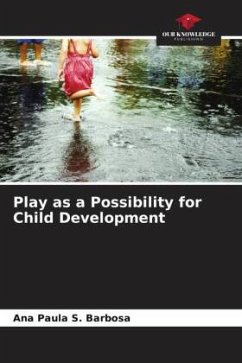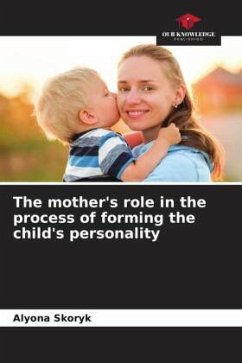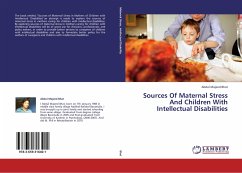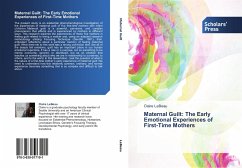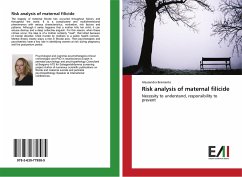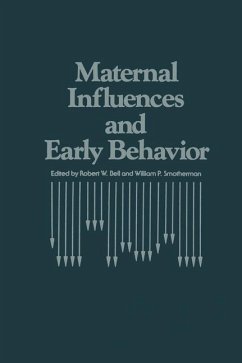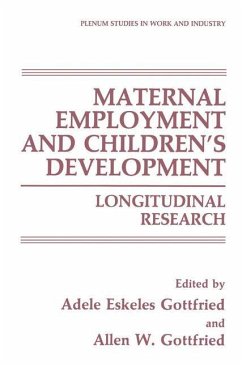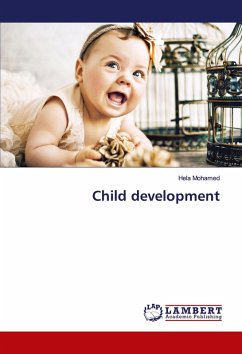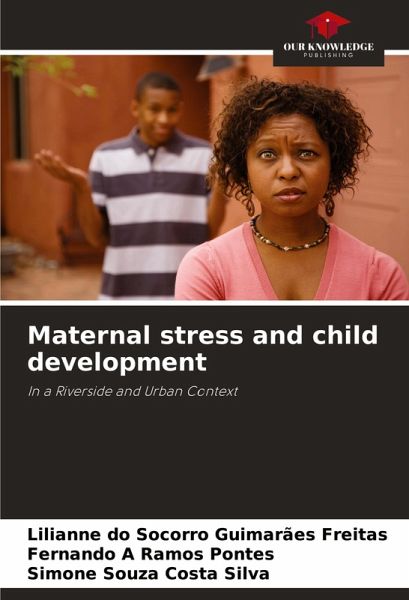
Maternal stress and child development
In a Riverside and Urban Context
Versandkostenfrei!
Versandfertig in 6-10 Tagen
37,99 €
inkl. MwSt.

PAYBACK Punkte
19 °P sammeln!
There are many challenges in raising children, especially for women. Although fathers are gradually becoming more involved in the upbringing and development of children, the greatest responsibility still falls on the shoulders of the maternal figure. The difficulties faced in raising and caring for children can be a source of stress which, if it occurs repeatedly and at higher levels of intensity, can compromise the children's development and the mother's own health. This conflict is seen as something universal, existing in all contexts. However, a significant proportion of research into child...
There are many challenges in raising children, especially for women. Although fathers are gradually becoming more involved in the upbringing and development of children, the greatest responsibility still falls on the shoulders of the maternal figure. The difficulties faced in raising and caring for children can be a source of stress which, if it occurs repeatedly and at higher levels of intensity, can compromise the children's development and the mother's own health. This conflict is seen as something universal, existing in all contexts. However, a significant proportion of research into child development, whether national or international, is carried out with urban children. In the northern region of Brazil, riverine populations exceed six million people and most of these families have mothers with young children. The aim of this research was therefore to identify and analyze whether there were differences in levels of maternal stress and child development and which factors in these contexts might be involved. In addition, we sought to go beyond the debate on this issue in order to support appropriate public policies for these populations.





